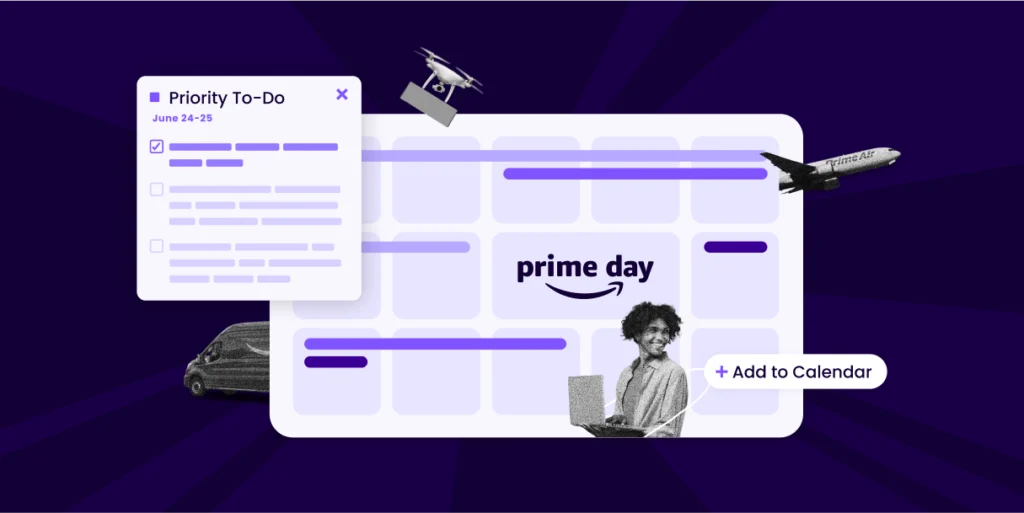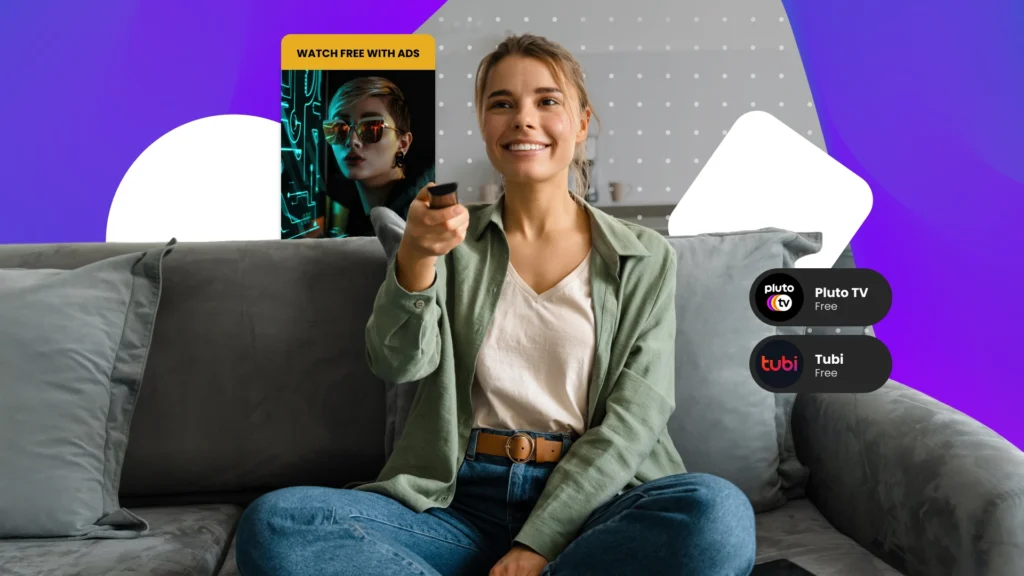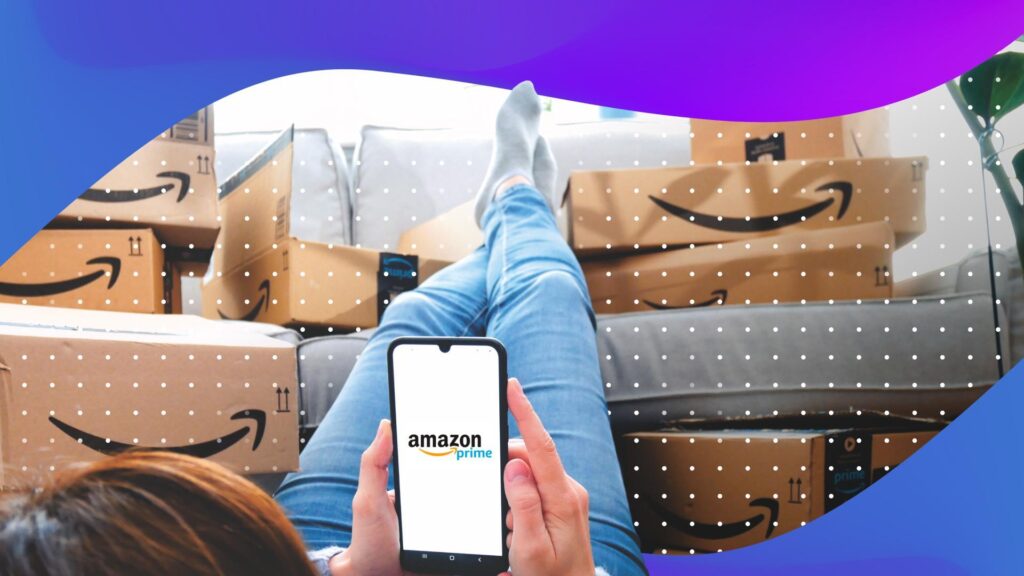As a brand selling in an online marketplace, you may find yourself facing unauthorized sellers on the marketplace who are undercutting your price, creating bad reviews with quality issues, and disrupting your e-commerce strategy.
Stopping unauthorized sellers causing these problems is vital to your success. But without proper foundational policies and enforcement strategies in place – unauthorized sellers can easily erode your brand name and undercut your margins.
While there is no ‘silver bullet’ for brand protection, there is a strategic approach you can take to ensure authorized sellers are making nearly all sales on the marketplaces and to ensure they are able to advertise prices consistent with your Minimum Advertised Price (MAP) or related policy.

Online Marketplace Brand Protection: Q&A
We spoke with Whitney C. Gibson, a partner and leader of Vorys nationally recognized online seller enforcement group.

Whitney has developed custom programs for companies confronting unauthorized sales, grey market sales, MAP violators and other illegal sales on the internet.
The team has developed a three-step approach to help companies craft customized, end-to-end solutions that help their businesses control the sale of their products on the marketplaces.
The approach consists of the following:
1. Strategy Development: Vorys works with brands to develop strategies (which often include proposing appropriate policies, distribution plans and enforcement strategies), obtain internal alignment, and institute a timeline to implement the strategies.
2. Prepare & Implement Foundational Policies: Vorys then works with brands to draft and implement new policies to support control and enforcement and provide training regarding the same.
3. Enforcement: They then develop and execute enforcement workflows that combine legal, technological and investigative tools and services.
The Vorys team has worked with more than 200 brands – including some of the world’s largest – to help them control the sales of products online to protect brand value.
Q. What is Vorys’ Online Seller Enforcement Program?
Gibson: Today, Vorys is one of the largest law firms in the country to work with businesses on internet brand protection issues. When we started, we noticed that the majority of companies focused on only one component of online brand protection (for example: brand monitoring, trademark infringement, or MAP monitoring).
As we continued to work with various brands, we realized that any true solution to this problem was going to require various disciplines, capabilities and experience.
We created a multi-disciplinary group of lawyers, including those with experience in distribution, contracts, anti-trust, intellectual property, and internet brand protection. We felt a diverse team was necessary to effectively help brands control their sales without creating legal risk for the company.
Today, we have almost 40 people in our group, and we believe we work with more companies than anyone else in the country on these issues.

Q. How big of an issue is controlling sales in online marketplaces?
Gibson: I have been told by leaders of small manufacturers and large multi-million dollar companies that controlling sales on the online marketplaces has become one of the most serious issues they are facing. Unauthorized sales are causing erosion of brand value, channel conflict, and disruption of e-commerce strategies.
For example, if a company can’t control the sale of its products on the marketplaces, they likely are struggling to maintain relationships with their brick-and-mortar sellers. Those brick-and-mortar sellers may refuse to carry the brand’s products or not invest in promoting them.
Unauthorized Sales on the Marketplaces create four main problems:
- It erodes brand value.
- It creates serious channel conflict.
- It interferes with quality controls.
- It interferes with marketing and sales strategies.
In order to solve these problems, brands typically implement authorized reseller policies that allow them to control their authorized sellers and provide grey market controls. They then implement an enforcement program that efficiently and effectively identifies and removes the unauthorized sellers.
Q. Have you noticed any new trends within the past year or so?
Gibson: Yes, absolutely. Here are a couple:
Stopping unauthorized sellers isn’t just a problem for the ecommerce director anymore.
Stopping unauthorized sellers use to be a problem just for ecommerce directors, but today stopping unauthorized sellers is garnering attention from executives. Brands are getting increasing pressure from retailers and distributors regarding these sellers. If they can’t find a solution, they are hearing from more and more brick-and-mortar retailers not willing to carry their products anymore.
Some brands will require an international strategy.
International companies are not just looking to sell in the U.S. – they’re also trying to successfully sell in online marketplaces around the world, including in Europe, Australia and Asia. Brands are discovering unauthorized sales of their products listed on these international marketplaces; now they’re trying to figure out how to best control the brand name, content, pricing, etc.

Q. Are there any specific verticals that struggle with unauthorized sales on the marketplaces?
Gibson: To be honest, it spans no limit. Right now, we have a lot of clients in the pet care industry, but we also counsel companies that sell electronics, baby-care products, accessories, professional health care products, consumer packaged goods, and high-end apparel.
Companies across all of these verticals have a big opportunity to make a lot of money online, but if they can’t control their unauthorized sales, they ultimately will not be able to drive traffic and grow.
Q. Are brands typically “proactive” or “reactive” when it comes to stopping unauthorized sales online?
Gibson: Most of the time, brands don’t want to hire somebody to help with these issues until they feel the pain. That being said – there’s definitely some best practices brands can (and should) implement:
- Put policies in place: Brands need to have authorized reseller policies in place that they can provide to their distributors and retailers with language that addresses where the authorized sellers are, and are not, permitted to sell online. You can learn more about Minimum Advertised Price (MAP) here.
- Differentiate their products: They should look for ways to differentiate their products from unauthorized resellers by providing benefits that an unauthorized reseller won’t be able to offer such as “satisfaction guarantees” or “extra quality control”.
- Enforcement system: Finally, they need to have an enforcement system that includes the data, investigation and enforcement tactics necessary to remove the unauthorized sellers causing problems for the business.
Q. How long does it typically take for a brand to see improvement?
Gibson: Our clients can see improvement as early as one week or up to 5 months – it really just depends on how big the problem is.
Some brands come in with hundreds of unauthorized sellers and some come in with fewer than five. Some brands have leaky distribution channels and others, less so. All of these factors can have an impact on how much support a brand will need to get the job done.
The bottom line is, if your brand isn’t selling on the marketplace, it’s likely someone else is going to (using your name or trademark). It’s in your best interest to take control of your content and listing to better position your brand to succeed.
In other words – complacency isn’t an option.
For more on brand protection, email [email protected]
You Might Be Interested In












